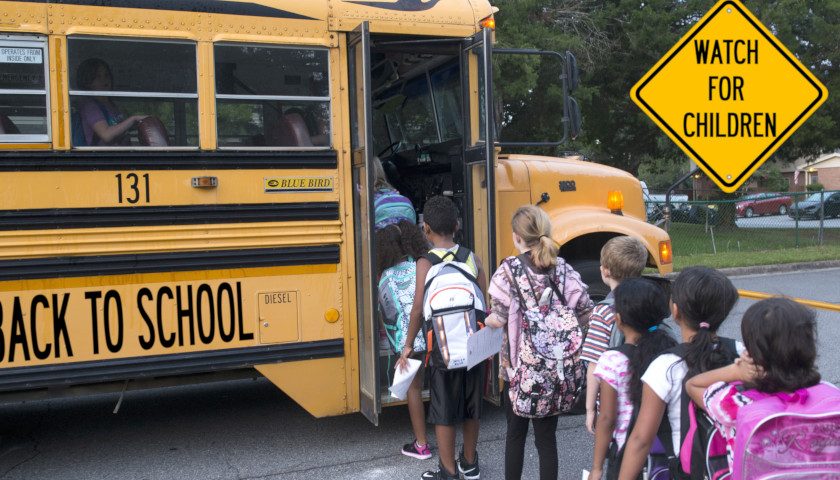Family scale farmers in the Midwest may lose a lot to large agribusinesses through carbon markets, a new report says.
According to the report, “Agricultural Carbon Markets, Payments and Data: Big Ag’s Latest Power Grab” by Open Markets Institute and Friends of the Earth, carbon markets programs will entrench chemical-intensive farming practices and increase corporate control of agriculture rather than reduce greenhouse gas emissions like politicians assert.
Read More





